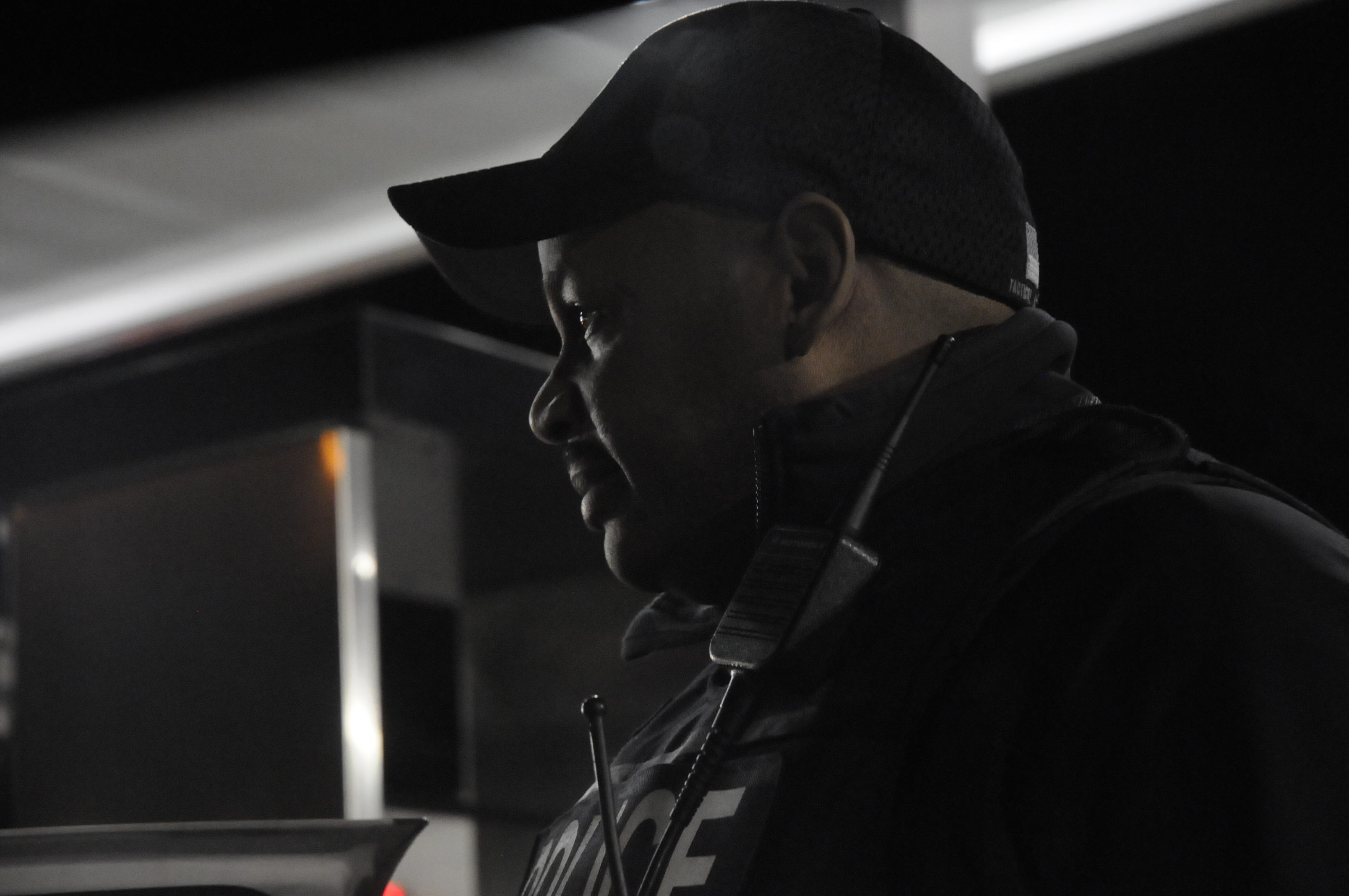A police captain who intervened in a homicide investigation involving his niece was not disciplined by Chattanooga police chiefs during an internal affairs investigation for untruthfulness.
The actions of Capt. Edwin McPherson, a 20-year veteran of the department, prompted defense attorneys representing the four men charged in the homicide to file a motion to dismiss the case.
Internal affairs investigators with the police department issued a recommendation that McPherson should be disciplined for untruthfulness, but that was overturned by the department's five chiefs during a disciplinary hearing.
"The facts were not there," said Deputy Chief Tommy Kennedy, who oversaw the case.
McPherson declined to comment.
During the investigation, McPherson said he did not remember ordering Detective Michael Wenger to leave a cellphone at the scene. The phone's GPS led investigators to 2004 Curtis St. two weeks after Bernard Hughes was shot in the head in 2010 during a botched gang-related robbery at 4417 Oakwood Dr.
Four men -- John Simpson, Unjolee Moore, Steven Ballou and Harold Butler -- were arrested on homicide charges. Detectives believe McPherson's niece was responsible for setting up the robbery that led to Hughes' death. Investigators never had any proof to charge her, according to the internal affairs report.
Butler originally had the phone but sold it to another man unconnected to the homicide. It's unclear what, if any evidence, was on the cellphone. McPherson told Wenger he could talk to the man who bought it from Butler, but could not confiscate it. Wenger was able to view part of the phone's contents during the interview.
McPherson's personal cellphone records show him talking to his niece before the homicide, during the homicide and after the homicide, the internal affairs report states.
Phones are routinely used to crack cases. The GPS on the cellphone led investigators to the Curtis Street residence where they found a .45-caliber handgun -- the same caliber used to kill Hughes.
Just days before McPherson gave his testimony during a court hearing on the motion to dismiss, he met with Wenger and another investigator in the rear parking lot at the police department. According to Wenger, McPherson told them that he "didn't think we had legal standing to take the phone" because it didn't belong to any of the suspects.
Chattanooga Police Chief Bobby Dodd said there was no evidence that McPherson lied. Defense attorneys never called McPherson back to court to question him about the conversation in the parking lot, Dodd noted, and there was no evidence of perjury.
"They never put McPherson back on the stand and say, 'Did you say that? Did you tell them this on Friday? Did you lie?'" Dodd said.
Garth Best, a defense attorney who is representing Moore, said attorneys felt no need to call McPherson back to testify because it's clear McPherson lied.
"It was kind of a tactical decision on our part," he said. "He would have had a few weeks to come up with an answer."
Criminal Court Judge Don Poole allowed the cases to continue, in part, because McPherson never was called back to explain his inconsistent statements.
Best said he plans to bring up the issue of the cellphone during Moore's trial, which is set for Nov. 6.
"I think that [incident] shows something improper happened and they're trying to cover something up," he said.
Kennedy said the fact that the phone was left at the residence was later disclosed to the district attorney's office. He said nothing was covered up.
"It doesn't look good, but it's still the truth that we need to put out," he said.
Dodd said such details are "really not a big deal until the attorneys file a motion to dismiss saying, 'Evidence was either lost or left there' to clear their clients."
The internal affairs report stated McPherson helped set up an interview between his niece and investigators and also relayed suspect information to detectives after talking with her.
Officers are not allowed to investigate cases involving their own family members but McPherson was not in conflict with that rule because he was not investigating the case, Kennedy said.

